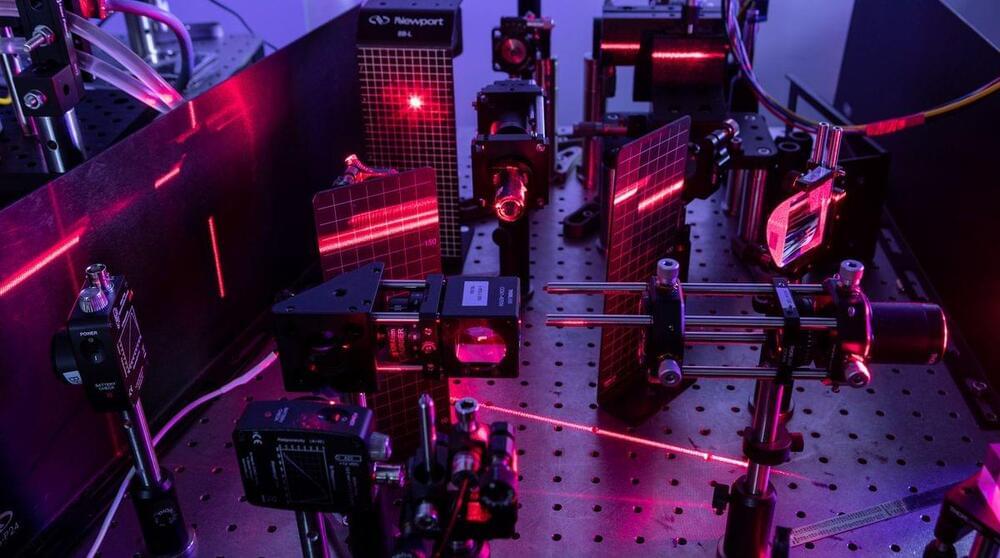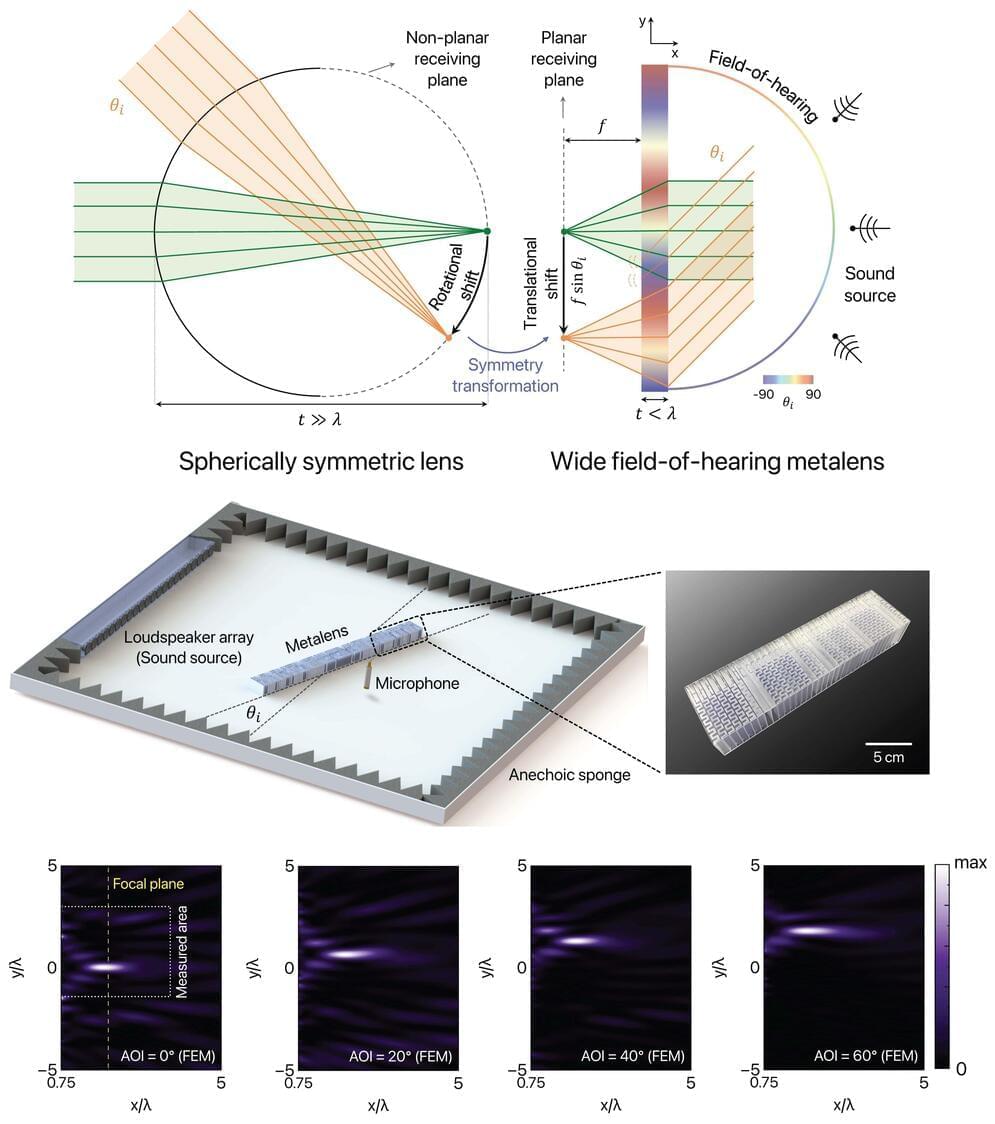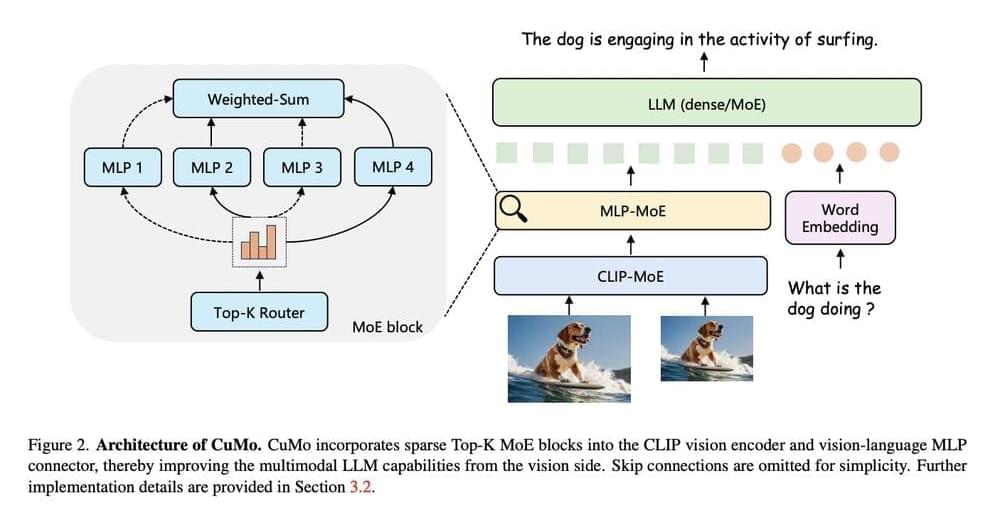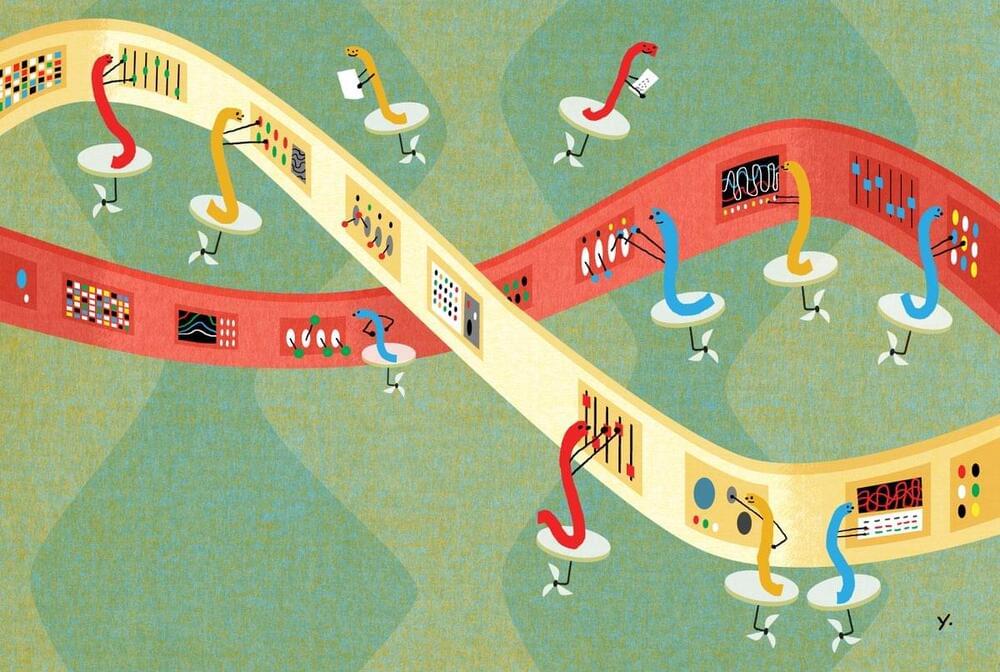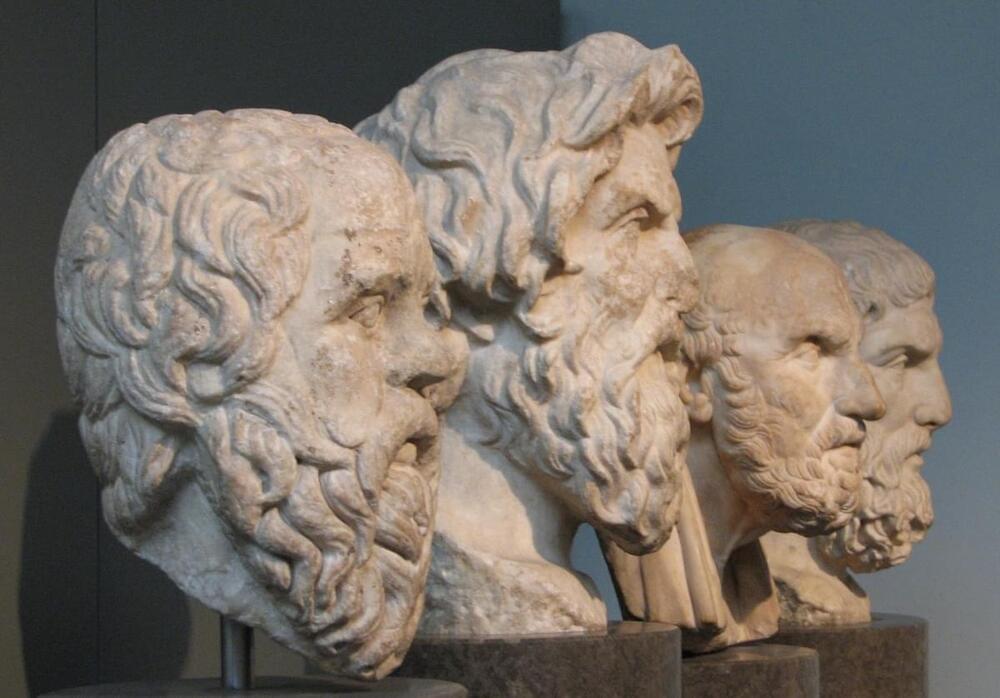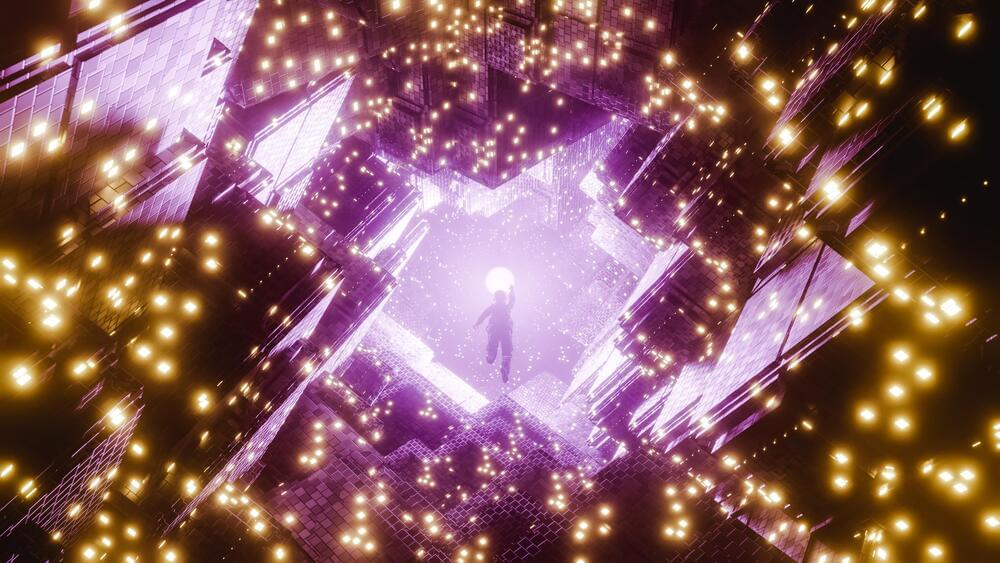May 15, 2024
AI insights in a modern world with Professor Nick Bostrom, Oxford University
Posted by Dan Breeden in categories: Elon Musk, robotics/AI
For decades, philosopher Nick Bostrom (director of the Future of Humanity Institute at Oxford) has led the conversation around technology and human experience (and grabbed the attention of the tech titans who are developing AI – Bill Gates, Elon Musk, and Sam Altman).
Now, a decade after his NY Times bestseller S uperintelligence warned us of what could go wrong with AI development, he flips the script in his new book Deep Utopia: Life and Meaning in a Solved World (March 27), asking us to instead consider “What could go well?”
Ronan recently spoke to Professor Nick Bostrom.

